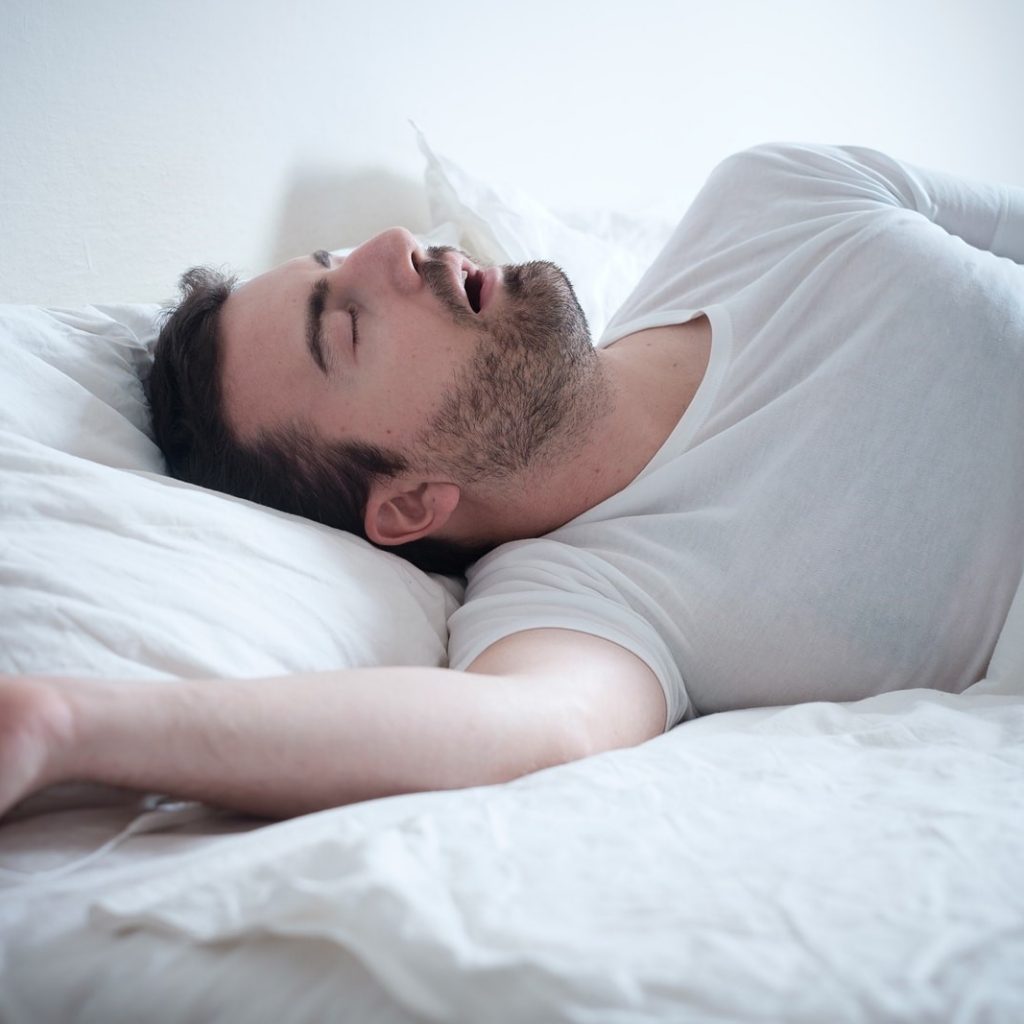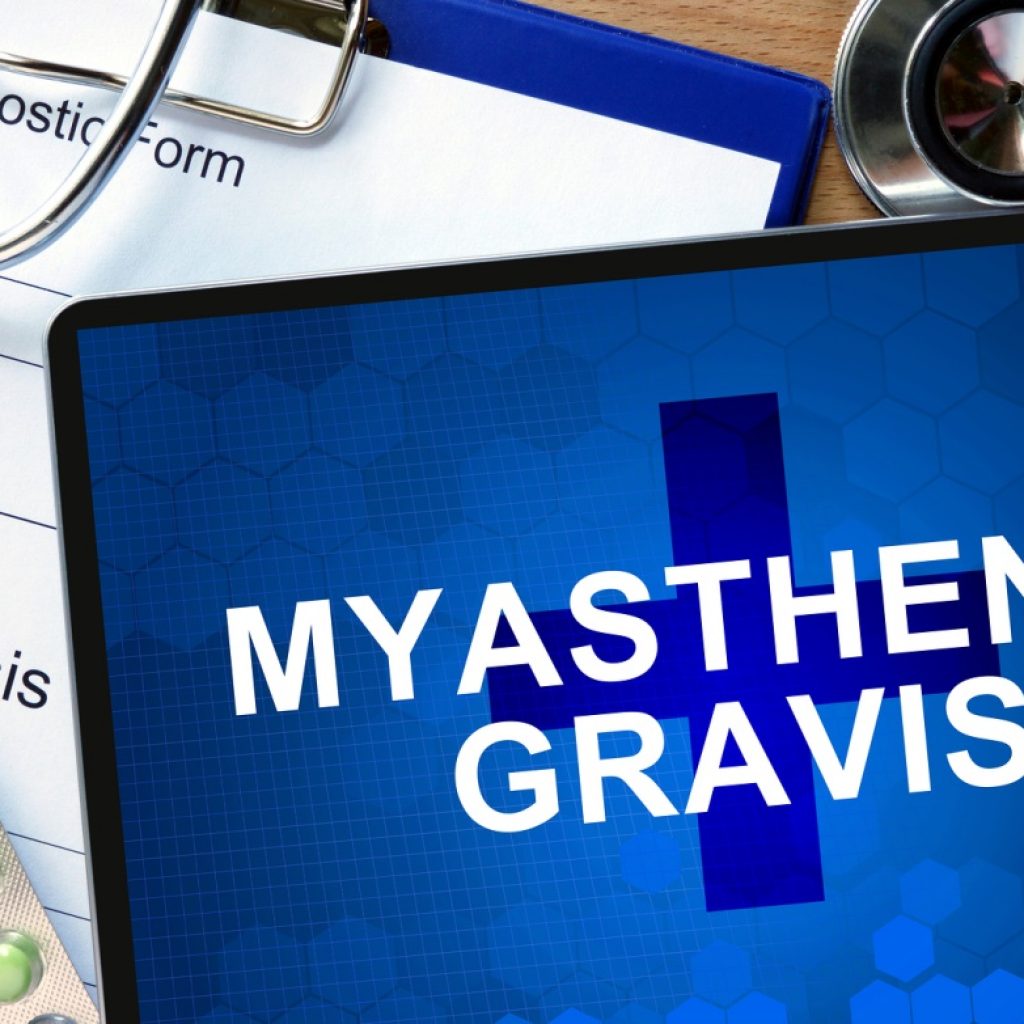Understanding Sleep Apnea: An In-Depth Guide by Your Leesburg Neurology Specialist
Statistic shows that approximately 22 million Americans suffer from sleep apnea — around 80% of these cases fall under moderate to severe undiagnosed obstructive sleep apnea. Most sufferers, however, tend to ignore the symptoms of this potentially dangerous sleep order. Our resident Dulles neurology specialist, Dr. Sarbjot Dulai, strongly advises otherwise. This article covers why. Read on to get the lowdown on one of the most overlooked sleeping disorders.
Clearing the Misconceptions
Like any other disorder, sleep apnea is plagued with myths and misconceptions. Here are five of the most common misconceptions about sleep apnea and why you shouldn’t believe them.
-
- Myth: Snoring equals sleep apnea.
Fact: Snoring is a symptom of apnea.
- Myth: Sleep apnea goes away on its own.
Fact: Sleep apnea requires continuous treatment. When left on its own, it can lead to various complications and conditions.
- Myth: Alcohol can alleviate sleep apnea.
Fact: Alcohol increases apneic events. Having a nightcap disrupts your REM sleep and acts as a depressant.
- Myth: Only people who are overweight can experience sleep apnea.
Fact: Anyone, regardless of their size and shape, can experience sleep apnea.
- Myth: Only men can experience sleep apnea.
Fact: Men are more likely to experience sleep apnea compared to women, but that doesn’t mean that women are immune to the disorder. Women who suffer from it typically experience fatigue, depression, and insomnia.
Identifying the Three Types of Sleep Apnea
There are three types of sleep apnea: central, obstructive, and complex. Here’s how they differ.
- Central sleep apnea happens when the brain isn’t sending the proper signals to your muscles that are responsible for breathing.
- Obstructive sleep apnea takes place when throat muscles intermittently relax while sleeping, blocking or disrupting airflow.
- Complex sleep apnea, or treatment-emergent central sleep apnea, is the combination of central and obstructive sleep apnea.
Treatment differs based on the type of sleep apnea. Through consultation with our Dulles neurology specialist, we can help you discover whether or not your symptoms warrant a sleep study for sleep apnea diagnosis.
Establishing the Facts
Are you or someone you know suffering from sleep apnea? Dr. Dulai answers some of the most frequently asked questions about this condition.
 What causes sleep apnea?
What causes sleep apnea?
Sleep apnea has various possible causes – and these depend on the type. Obstructive sleep apnea is caused by the intermittent relaxing of throat muscles during sleep. Central sleep apnea, on the other hand, occurs when the brain sends weak signals to the muscles involved in breathing. For an accurate diagnosis, consult a neurologist in Leesburg.
What are the effects of sleep apnea?
Left untreated, sleep apnea increases the risk of developing health conditions and experiencing serious complications. Effects include:
- Headaches
- High blood pressure
- Palpitations
- Heart attack
- Heart failure
- Stroke
- Diabetes
- Depression
- Worsening of ADHD
The immediate effects of sleep apnea can be summed up to two words: poor performance. The lack of restful sleep reduces the patient’s ability to focus, process, retain, and respond to information.
What are the symptoms of sleep apnea?
Central and obstructive apneas share many symptoms, making it difficult to differentiate one from the other. Below are the most common signs of apnea. Consult a neurologist in Leesburg, VA to determine immediately if you or someone you know is exhibiting them.
- Loud snoring
- Gasping for air while sleeping
- Episodes in which you stopped breathing while sleeping
- Waking up with a dry mouth
- Hypersomnia or excessive daytime drowsiness
- Insomnia or difficulty in staying asleep
- Diminished awareness
- Irritability
- Abrupt mood changes
- Forgetfulness
Who are at risk for sleep apnea?
People who:
- are 40 years old and above
- have large tonsils
- have large a tongue
- have a small jaw bone
- have a large neck size (i.e., 17 inches or greater for men and 16 inches or above for women)
- are related to someone with sleep apnea
- suffer from nasal obstruction due to allergies, sinus issues, and a deviated septum
Think You’re Suffering from Sleep Apnea?
Consult our Dulles neurology expert immediately. Dr. Sarbjot Dulai can help you manage the disorder and reduce its adverse effects with a customized treatment plan. Schedule an appointment today.














